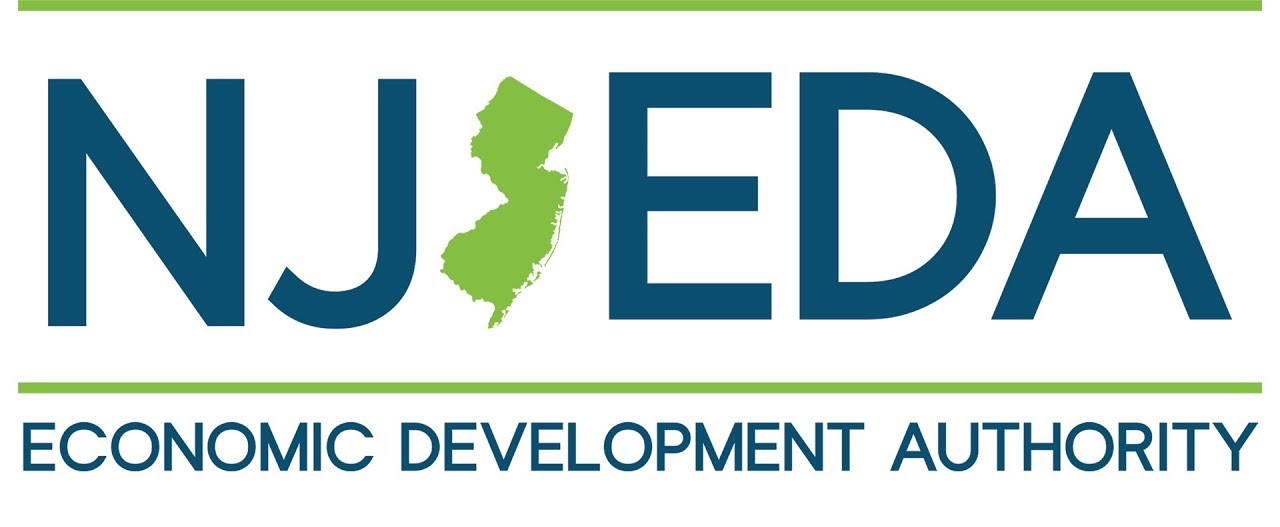
The Economic Redevelopment and Growth (ERG) Program is an incentive for developers and businesses to address revenue gaps in development projects. It can also apply to projects that have a below-market development margin or rate of return. The grant is not meant to be a substitute for conventional debt and equity financing, and applicants should generally have their primary debt financing in place before applying.
2021 Residential Extension Clarification Document - NJEDA will begin accepting new applications to be considered for Residential ERG tax credits on Jun 1, 2021. Additional information is contained in the document linked here CLICK HERE TO DOWNLOAD
ELIGIBILITY
AWARD SIZE
FISCAL AND RESIDENT PROTECTIONS
Three types of projects are eligible for ERG support: residential projects, commercial projects, and mixed-use parking projects.
-Include multi-family residential units or dormitory units for purchase or lease.
-Be located in a qualifying incentive area and have projects costs totaling $5 million, $10 million or $17.5 million, depending on location
-Not have commenced any construction at the site of a proposed redevelopment project prior to submitting an application, except that if the NJEDA determines that the project would not be completed otherwise, or in the event the project is to be undertaken in phases.
-Demonstrate that a project financing gap exists.
-Reserve at least 20 percent of units constructed for occupancy by low or moderate-income households with affordability controls as required under the rules of the Council on Affordable Housing, unless the municipality in which the property is located has received substantive certification from the council and such a reservation is not required under the approved affordable housing plan, or the municipality has been given a judgment of repose or a judgment of compliance by the court, and such a reservation is not required under the approved affordable housing plan.
-Include retail, office and/or industrial uses for purchase or lease.
-Be located in a qualifying incentive area.
-Not have commenced any construction at the site of a proposed redevelopment project prior to submitting an application, except that if the NJEDA determines that the project would not be completed otherwise, or in the event the project is to be undertaken in phases.
-Demonstrate that a project financing gap exists.
-Demonstrate the revenues the State will realize from the project will be greater than the incentive being provided.
-Residential projects can receive tax credits of up to 20 percent of total eligible costs, with bonuses, of up to an additional 20 percent, available based on project type and location
-Commercial projects can receive an incentive grant reimbursement of up to 20 percent of total eligible costs, with bonuses, of up to an additional 20 percent, available based on project type and location.
In order to receive ERG support, a project must meet Green Building Requirements. Any construction contracts associated with the project must use prevailing wage labor rates and meet affirmative action requirements. The developer must also submit satisfactory evidence of actual project costs prior to the first disbursement of funds under the agreement or issuance of the tax credit under the approval letter, as applicable.